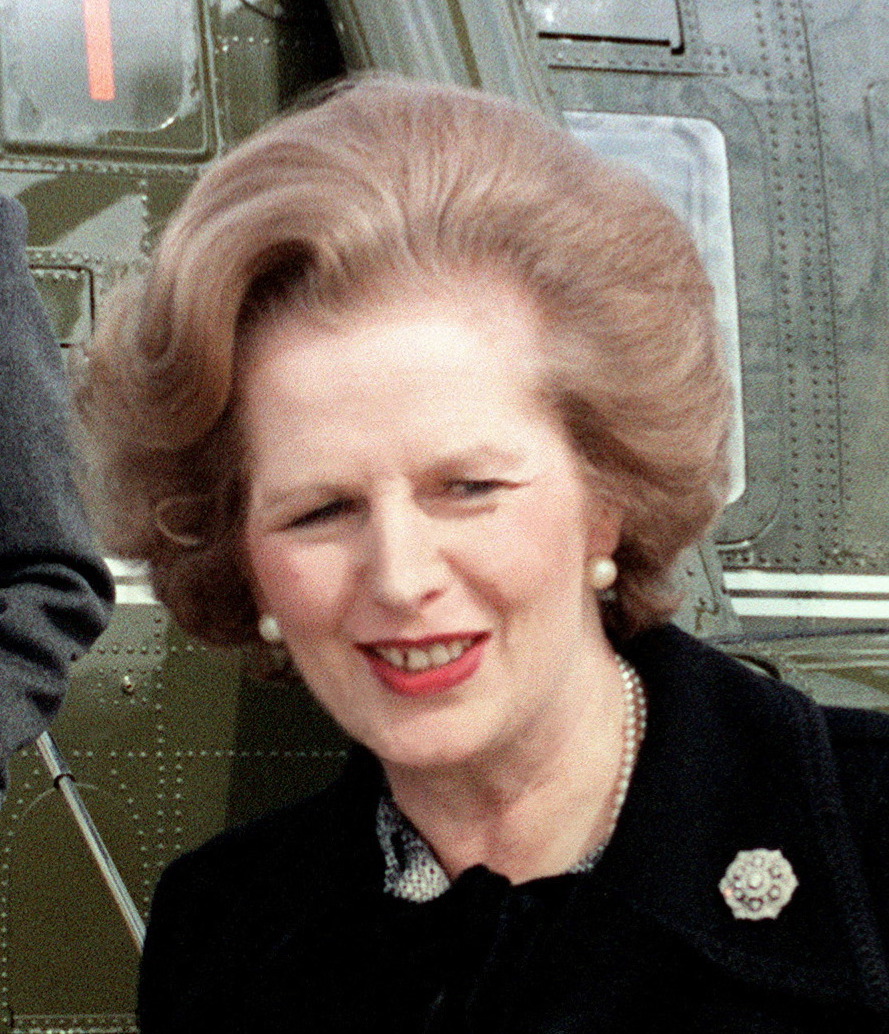It’s taken me a long time to forgive director Phyllida Lloyd for the cinematic abomination that is Mama Mia! (I only got through it by watching the musical numbers on fast-forward.) Now she’s courting controversy with The Iron Lady, a biopic that depicts former Prime Minister Margaret Thatcher (brilliantly played by Meryl Streep) as a scotch-guzzling granny who sees dead people. It’s a characterisation that will upset both dyed-in-the-wool Tories and die-hard Labour supporters — though perhaps not for the same reasons.
As she rattles around in her Belgravia mansion, an ageing and rather confused Mrs T struggles to deal with the reality of life without her beloved husband Denis (played by Jim Broadbent). His golf clubs sit in the corner of the bedroom and he keeps popping up in his Pringle jumper to point out that she’s drinking too much. Her minders and her daughter Carol (Peep Show’s Olivia Colman) encourage Margaret to dispose of Denis’s possessions and tell the doctor about those troubling “senior” moments. But they’re no more successful in controlling this most single-minded of women than those grey men who once cowered round the Cabinet table.
Abi Morgan’s screenplay shows Thatcher’s rise to power through a series of flashbacks — from her early days in Grantham, through the trauma of the Brighton bomb in 1984, to her resignation in November 1990. Biopics now rarely seem to opt for a straight chronological approach, and this one skips through large chunks of its heroine’s early life, so we don’t get to see young Margaret (Alexandra Roach) during her Oxford years.
The glory years of the late 70s and 80s pass by in a whirl of archive footage and montages of Thatcher in various iconic outfits dealing with problems at home and abroad. The Iron Lady isn’t strong on political analysis and relies on the audience having some familiarity with the Poll Tax Riots and other key events. There is one chilling scene in which Thatcher weighs up the case for and against sinking the General Belgrano, but the murder of Airey Neave and the Brighton bombing are little more than a puff of smoke and falling plaster. Presumably that’s because we’re experiencing Margaret’s rather scattered recollections as her past comes back to haunt her.
I’ve never been a huge fan of Meryl Streep or her galaxy of accents, but she’s astonishingly good both as the older Thatcher and as the “Iron Lady” who left her mark on Britain and the world stage in the 80s. Yes, she has the right kind of build and bone structure to make a convincing Mrs T and the make-up doesn’t look as though it’s been applied with a trowel. But what really makes Meryl almost indistinguishable from Margaret is that commanding voice that once evoked fear, loathing and admiration.
If I had closed my eyes throughout, I would have sworn that I was listening to Thatcher herself excoriating lily-livered colleagues like Geoffrey Howe (Anthony Head), or ridiculing Michael Foot (Michael Pennington) across the House of Commons Despatch Box. But I found her subtle portrayal of a once-powerful woman enduring the frustrations of old age even more impressive.
There’s humour rather than sentimentality in Margaret’s frequent encounters with the phantom presence of Denis. The film begins with her gently chiding him over the breakfast table as he slathers butter on his toast. The couple’s (mainly) harmonious relationship is shown as underpinning everything that Thatcher achieved during her years in politics. That unstinting support right from the early days makes Denis appear both unselfish and remarkably prescient.
The Iron Lady is certainly a great showcase for the actors. Streep’s towering performance is likely to scoop most of the major awards and she fully deserves the plaudits. But at times Lloyd’s film feels both directionless and a bit too respectful. If you hate Margaret Thatcher and everything she stood for, this rather one-sided portrayal of a political dynamo and domestic goddess may feel like a whitewash job. Her admirers, too, will be uncomfortable with a framing device that focuses on the Iron Lady’s waning faculties.
If, like me, you’re still smarting over the Blair/Brown years, you might be willing to reappraise the Thatcher era — up to a point. Love her or loathe her, Mrs T bestrode the nation for more than a decade with her pearls, power suits and slogans. Now, thanks to Meryl Streep, a touch of Hollywood lustre has been added to that legacy.
[youtube http://www.youtube.com/watch?v=hZrAKdlX0SA&w=560&h=315]





January 9, 2012 at 9:41 am
Great review. Saw the film on Saturday with a couple of friends who’d 30 years ago were shouting Out! Out! Out! but found themselves surprisingly moved by the film. Linda x
January 9, 2012 at 10:07 am
Thanks, Linda. I can’t understand why the Tory hierarchy are so dismissive of this film. It might turn out to be the best publicity the Party has had for a long time . . .
January 9, 2012 at 10:30 am
I think secretly they think it is but are playing cool..
January 9, 2012 at 10:38 am
The proof will be in Phyllida Lloyd’s DBE in the next Honours list!
January 20, 2012 at 5:20 pm
As you can imagine, I found the portrayal of a dipso-granny moving into her own twilight world of reminiscences both familiar and sad. Not least because I also found myself also sloping into a distant world as I recalled those bloody awful days of power cuts, poll tax riots, IRA bombs going off everywhere and the horror of Falklands jingoism. Thought it was a fine film and I reckon I’ll make the kids go for something of an education.